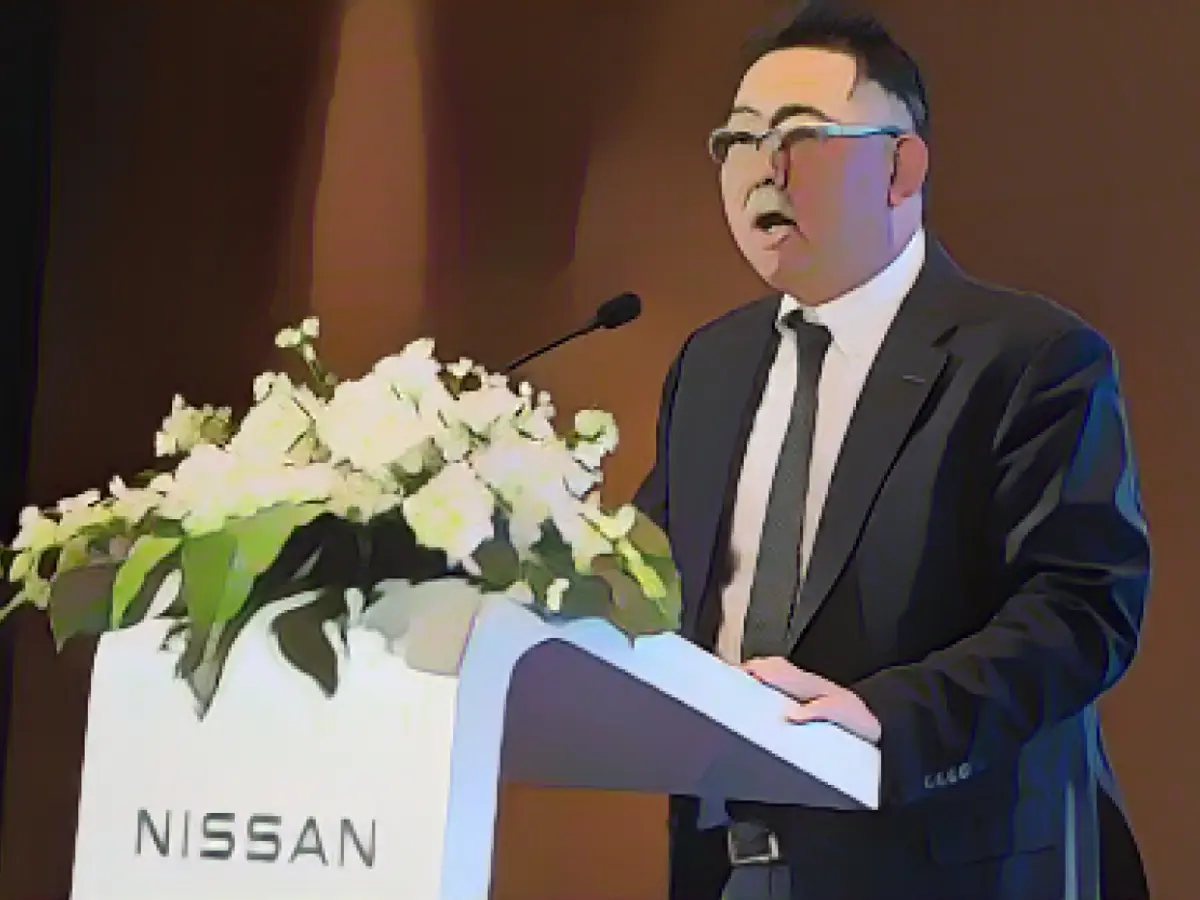Nissan Takes Aim at Global Markets with China-Made Electric Vehicles
With Vice President Masashi Matsuyama at the helm, Nissan Motor, along with its subsidiary, Nissan China, is considering exporting vehicles developed and produced in China to global markets. This ambitious plan aligns Nissan with Chinese competitors like BYD, as they aim to leverage lower production costs and increased factory capacity utilization by tapping into China's vast market.
Given China's dominant status as the world's largest automotive market, Nissan faces significant challenges in car sales, as domestic brands enjoy popularity, and the rapid shift towards electric vehicles intensifies competition. To address these challenges, Nissan will establish a research center in collaboration with Tsinghua University, China's leading educational institution. This partnership aims to deepen their understanding of the Chinese market and develop effective strategies to cater to local consumer preferences.
The joint research center will focus on various aspects of electric vehicle development, including battery technology, charging infrastructure, and battery recycling, further empowering Nissan's global electric vehicle ambitions.
Enrichment Insights:
Nissan's strategic moves to expand its electric vehicle offerings in China and harness the benefits of local partnerships include:
- Nissan N7 Electric Sedan: Set for release in the Chinese market by May 2025, this collaboration with Dongfeng marks Nissan's attempt to regain its Chinese market share, after five consecutive years of sales decline.
- Future EV Models: By launching four more new energy vehicles (NEVs) in the year following the Nissan N7 debut, Nissan demonstrates its commitment to the Chinese market and evolving consumer needs.
- Honda Collaboration: Although plans for a partnership with Honda have stalled, Nissan continues its search for a new business partner to share costs, leverage expertise, and achieve economies of scale in the electric vehicle market.
- Thai Vehicle Production: Nissan's focus on regional production, including its factory in Thailand, reflects its adaptability to changing market dynamics. However, this doesn't directly contribute to EV exports from China.
- Market Strategy: By targeting the Chinese market, Nissan aligns with the growing demand for electric vehicles, as represented by the 47% share of new passenger vehicle sales in 2024, further positioning China as a critical hub for its global EV export strategy.








